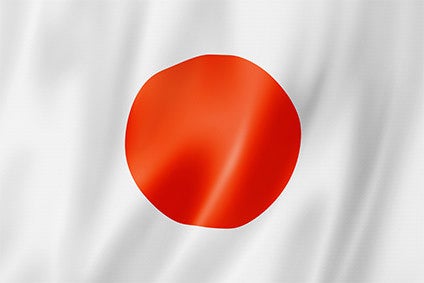
General food items will be excluded from Japan’s consumption tax hike, the government has said.
Japan is scheduled to raise its consumption tax to a level of 10% in April 2017, up from its current sales tax of 8%. However, the government asked the tax policy commission to look at how the impact of the tax increase could be softened in order to support consumer spending in the country.

Discover B2B Marketing That Performs
Combine business intelligence and editorial excellence to reach engaged professionals across 36 leading media platforms.
Building on an earlier suggestion that vegetables and meat would be left out of the higher consumption tax, the exemption has been extended to include all food products barring restaurant meals and alcoholic beverages. Food items, including both fresh and processed products, will continue to be taxed at a lower rate of 8%.
It is hoped the move will provide a boost to lower income households and support rising consumption to lift Japan’s economy and increase the government’s tax revenue, which is being used to support a policy of “fiscal discipline”.
According to a report in The Japan Times, the move will cost the government more than JPY1trn (US$827.5m) in lost tax revenues. Reports in the Japanese press have also been critical that different tax rates would be a costly burden on small businesses.

US Tariffs are shifting - will you react or anticipate?
Don’t let policy changes catch you off guard. Stay proactive with real-time data and expert analysis.
By GlobalData




